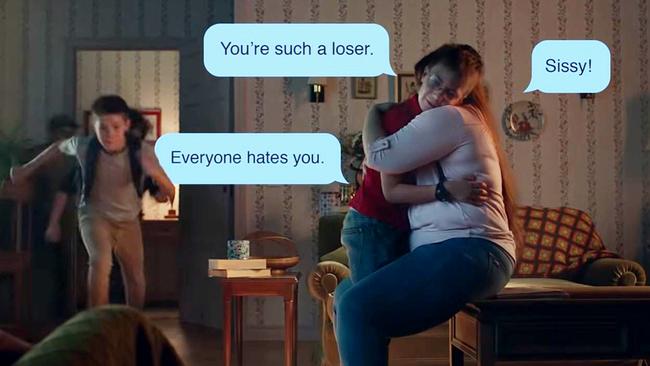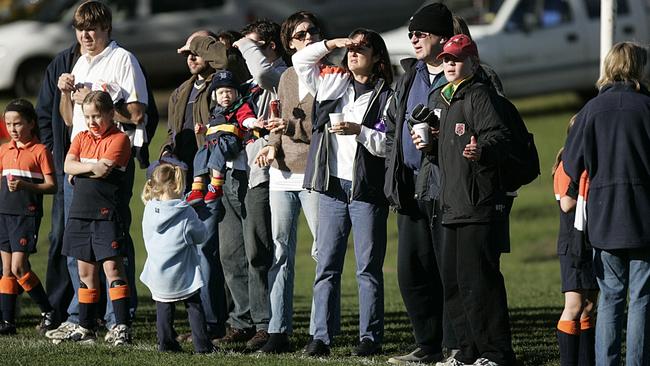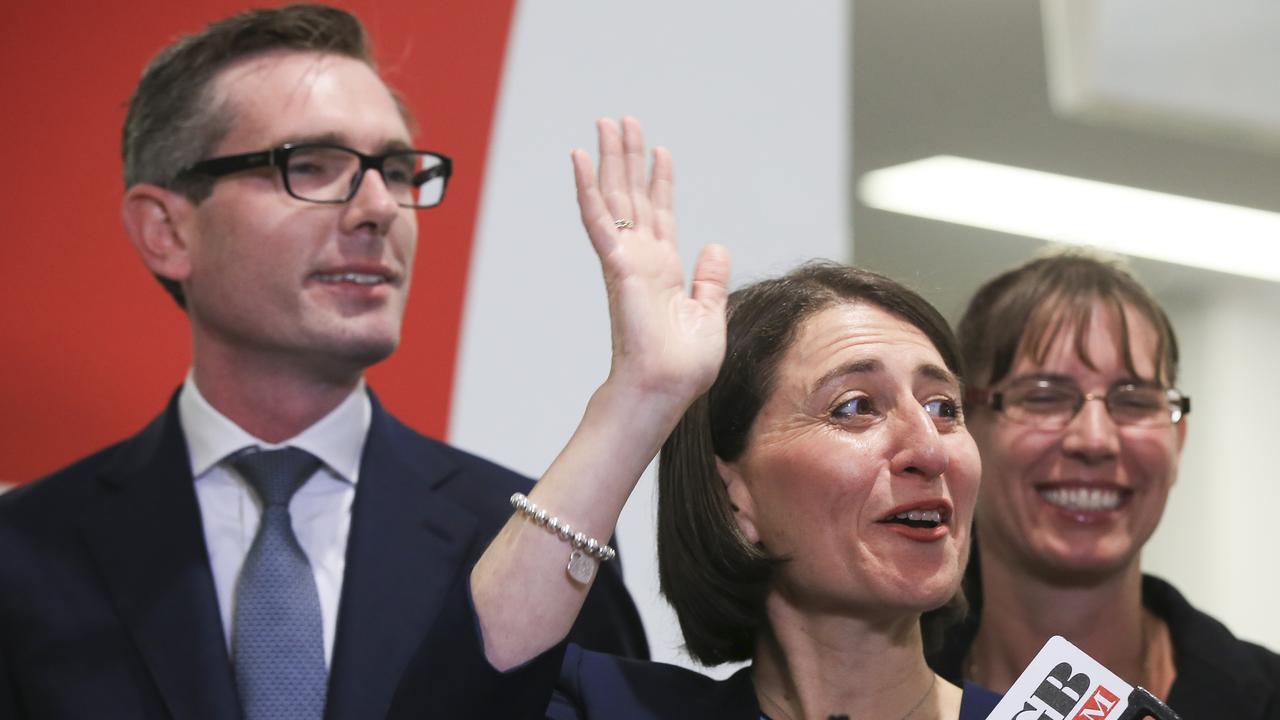
The strongest and most masculine man I ever knew was my great uncle, who was more like a grandfather to me. He had calloused hands and a weather-beaten face. He could swing an axe, strain a fence, wrestle sheep or walk his paddocks all day. More than once he coolly and calmly saved me, spotting tiger snakes and dispatching them with a spade before I realised the danger I was in.
My Uncle Rod was a no nonsense character who was competent, resilient and dependable. He was the best a man can be.
The only hint of demons was his stutter, a speech impediment I am told he did not have before he headed off to defend Australia in World War II. When he returned, after experiencing the horrors of Changi and a POW camp in Japan, he brought back his uncertain speech. And he discovered his darling sister (my grandmother) had died from tuberculosis.
A soldier settler, he carved from the swamps of western Victoria a small farm of exquisite beauty — white rail fences, shearing shed, orchard, wind breaks and lawns around the house.
He cared for his wife and doted on his daughter. In all the years I skipped at his heels the only time I heard disdain come from his lips was about other farmers not taking care of their livestock and land.

My Uncle Rod was tough enough to survive some of the worst treatment men can impose on other men, yet gentle and patient enough to care for city kids day after day while going about his farm chores. At the end of the day he would chop firewood, milk the cow and settle by the fire with his busy wife, Zelma.
Aside from my father, and other terrific uncles, there were many other wonderful men in my childhood. Father Patrick Bowler was another war veteran who taught me at a Jesuit primary school.
Tough and uncompromising, he exhorted us daily to care for others. I will never forget my first footy coach, Bill Weir, a house painter who would carry as many kids as possible in his paint-splattered station-wagon as he organised us early in the morning after his busy week.

At school functions, on the sidelines of cricket and football matches, at work, at the beach with family and friends, even at parliament house — every day I still come into contact with the fathers of boys and girls, the husbands or partners of women and men, the brothers of others and the sons of men and women who go about their daily lives with dependability, generosity, fierce loyalty and protective instincts. They are wary of the actions of others, careful about children in their care, respectful of women, delighted by the progress of their sons and daughters and vitally interested in the progeny of their friends. They build houses, teach kids, organise finance, write stories, provide legal advice and work farms. And they live their lives with dignity and with regard for the welfare of others.
They don’t need multinational advertising campaigns to warn them about the evil deeds of some humans and the dangers lurking for their loved ones. They don’t need a razor company to tell them to be the best people they can be.





